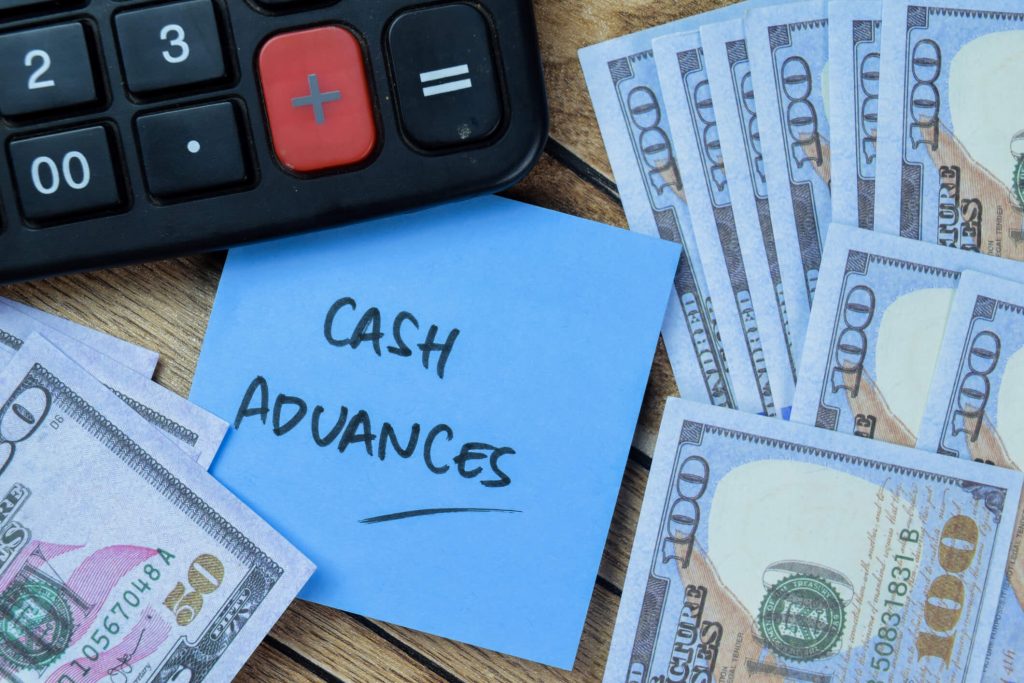Running a dental practice requires a significant amount of capital to cover various expenses, such as equipment purchases, staff salaries, and marketing efforts. However, securing funding for these needs can be challenging, especially for dental practices with limited credit history or less-than-perfect credit scores. In such cases, a merchant cash advance (MCA) can be a viable financing option. This comprehensive guide will provide you with a detailed understanding of merchant cash advances for dental practices, eligibility criteria, and steps to determine your eligibility.
Understanding Merchant Cash Advances for Dental Practices
Before delving into the eligibility criteria, it is essential to understand what a merchant cash advance is and how it works.
What is a Merchant Cash Advance?

A merchant cash advance is a type of financing that provides businesses with a lump sum payment in exchange for a percentage of their future credit card sales. Unlike traditional loans, MCAs are not based on fixed interest rates or repayment terms. Instead, they involve a factor rate, which determines the total amount to be repaid.
How Does a Merchant Cash Advance Work?
When a dental practice applies for a merchant cash advance, the MCA provider evaluates its credit card sales history to determine the amount of funding it can receive. Once approved, the MCA provider advances a lump sum payment to the dental practice, which is typically deposited into its business bank account within a few days. The repayment is made by deducting a fixed percentage of the dental practice’s daily credit card sales until the total amount, including the factor rate, is repaid.
Benefits of a Merchant Cash Advance for Dental Practices
Merchant cash advances offer several benefits for dental practices, making them an attractive financing option. Firstly, MCAs provide quick access to funds, allowing dental practices to address immediate financial needs. The application process is typically straightforward and can be completed online, saving time and effort. Additionally, MCAs do not require collateral, reducing the risk for dental practice owners. Furthermore, the repayment structure is flexible, as it is based on a percentage of credit card sales, ensuring that the dental practice can manage its cash flow effectively.
Eligibility Criteria for Dental Practice Businesses
While merchant cash advances offer numerous advantages, not all dental practices are eligible for this type of financing. Understanding the eligibility criteria is crucial before applying for an MCA.
Minimum Requirements for a Merchant Cash Advance
To be eligible for a merchant cash advance, dental practices must meet certain minimum requirements. Firstly, the practice should have been in operation for a minimum period, typically six months to a year. This requirement ensures that the dental practice has a stable revenue stream and a credit card sales history that can be evaluated by the MCA provider. Additionally, the dental practice should have a minimum monthly credit card sales volume, usually around $5,000 to $10,000. This requirement ensures that the dental practice generates sufficient revenue to repay the advance.
Factors That Determine Eligibility for a Merchant Cash Advance
Apart from the minimum requirements, several factors determine a dental practice’s eligibility for a merchant cash advance. One crucial factor is the credit card sales history. MCA providers assess the dental practice’s credit card sales volume, frequency, and consistency to evaluate its ability to generate revenue. A strong credit card sales history increases the chances of approval. Another factor is the overall financial health of the dental practice. MCA providers may consider factors such as profitability, cash flow, and debt-to-income ratio to assess the practice’s ability to repay the advance.
Common Challenges for Dental Practices in Obtaining a Merchant Cash Advance
While merchant cash advances can be a viable financing option for dental practices, there are some common challenges that they may face when applying for an MCA. One challenge is the credit score requirement. Some MCA providers have a minimum credit score requirement, which can be a barrier for dental practices with poor credit. Additionally, dental practices with inconsistent or low credit card sales volumes may find it challenging to meet the minimum requirements. Finally, some MCA providers may have restrictions on the use of funds, limiting the flexibility of the financing.
Steps to Determine Eligibility for a Merchant Cash Advance
To determine whether your dental practice is eligible for a merchant cash advance, you need to follow a few essential steps.
Assessing Your Dental Practice’s Financial Health
The first step is to assess your dental practice’s financial health. This involves reviewing your credit card sales history, profitability, cash flow, and debt-to-income ratio. By understanding your financial position, you can identify any areas that may need improvement before applying for an MCA.
Gathering the Necessary Documentation
Once you have assessed your dental practice’s financial health, the next step is to gather the necessary documentation. MCA providers typically require documents such as bank statements, credit card processing statements, tax returns, and financial statements. Having these documents readily available will streamline the application process and increase your chances of approval.
Researching and Comparing Merchant Cash Advance Providers
After gathering the necessary documentation, it is crucial to research and compare different merchant cash advance providers. Look for providers that specialize in financing dental practices and have experience working with businesses in the healthcare industry. Compare factors such as interest rates, factor rates, repayment terms, and customer reviews to find the best fit for your dental practice.
Frequently Asked Questions about Merchant Cash Advances for Dental Practices
Q.1: Can I get a merchant cash advance if my dental practice has bad credit?
Yes, it is possible to get a merchant cash advance even if your dental practice has bad credit. Unlike traditional loans, MCAs focus more on credit card sales history and overall financial health rather than credit scores. However, dental practices with bad credit may face higher factor rates or stricter repayment terms.
Q.2: How long does it take to get approved for a merchant cash advance?
The approval process for a merchant cash advance can vary depending on the MCA provider. In general, the process can take anywhere from a few hours to a few days. However, some MCA providers offer expedited approval processes, allowing dental practices to receive funding within 24 hours.
Q.3: What is the typical repayment period for a merchant cash advance?
The repayment period for a merchant cash advance is typically shorter compared to traditional loans. It can range from a few months to a year, depending on the MCA provider and the amount of funding received. However, some MCA providers offer flexible repayment terms, allowing dental practices to adjust the repayment period based on their cash flow.
Q.4: Can I use a merchant cash advance for any purpose in my dental practice?
Yes, you can use a merchant cash advance for any purpose in your dental practice. Whether you need to purchase new equipment, hire additional staff, or invest in marketing efforts, MCAs provide the flexibility to use the funds as needed. However, it is essential to have a clear plan for utilizing the funds to ensure that they contribute to the growth and success of your dental practice.
Conclusion
In conclusion, a merchant cash advance can be a valuable financing option for dental practices in need of quick access to funds. By understanding the eligibility criteria and following the steps outlined in this guide, you can determine whether your dental practice is eligible for an MCA. Remember to assess your dental practice’s financial health, gather the necessary documentation, and research and compare different MCA providers. With careful consideration and planning, you can secure the funding needed to support the growth and success of your dental practice.
